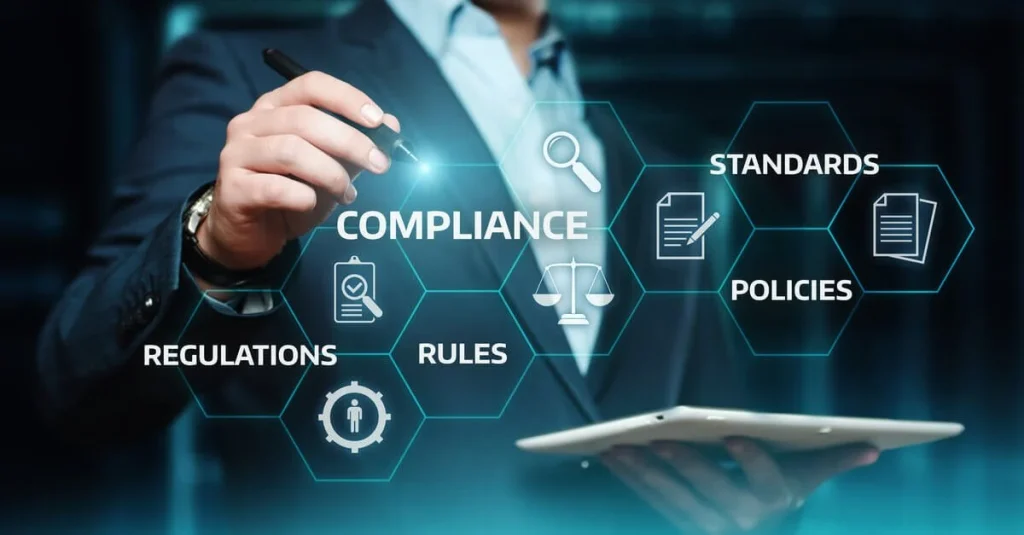The threat of cyber security attacks has skyrocketed as technology advances. Cyber threats are no longer just a theoretical risk – they have become a real and present danger to businesses and individuals alike. From data breaches to ransomware, malicious actors like to find ways to exploit vulnerabilities in networks and systems. That is why companies operating in heavily regulated industries use identity authentication services, app shielding, and two-factor authentication solutions in order to protect sensitive information due to the persistent cyber threats and data breaches in the digital age.
Identity authentication service
Identity authentication service is a process used by companies to verify the identity of a user or device. This process is used to protect sensitive information and prevent unauthorized access. This service involves verifying a user’s identity through a variety of methods, such as biometrics, passwords, and security questions.
The importance of identity authentication service plays an important role in industries such as healthcare or finance that are subject to strict regulations. These industries deal with sensitive data such as personal and financial information, patient health records, and government secrets. Any unauthorized access to this information can lead to disastrous consequences such as identity theft, financial loss, or even national security breaches.
Identity authentication service not only helps to prevent unauthorized access but also ensures compliance with regulatory requirements. Heavily regulated industries have to comply with strict regulatory requirements such as HIPAA, PCI-DSS, and GDPR. Implementing an identity authentication service can help companies comply with these regulations by ensuring that only authorized users can access sensitive information.
App shielding
Another important tool for companies in heavily regulated industries is app shielding. App shielding is a set of techniques used to protect mobile applications from unauthorized access and malicious attacks. This technique involves adding additional layers of protection to mobile applications, making it harder for attackers to exploit vulnerabilities.
App shielding is particularly important in industries such as finance and healthcare, where mobile applications are commonly used to access sensitive information. With app shielding, companies can protect their mobile applications from malicious attacks such as reverse engineering, tampering, and data theft.
App shielding can also help companies comply with regulatory requirements. For example, the Payment Card Industry Data Security Standard (PCI-DSS) requires that companies protect payment card data from unauthorized access. App shielding can help companies comply with this requirement by ensuring that payment card data is protected within mobile applications.
Two-factor authentication solutions
Finally, two-factor authentication solutions have become an essential tool for companies in heavily regulated industries. Two-factor authentication involves requiring users to provide two forms of authentication to gain access to sensitive information. This typically involves a password and a secondary form of authentication such as a fingerprint, SMS code, or hardware token.
Two-factor authentication solutions can help companies prevent unauthorized access to sensitive information, even if passwords are compromised. Passwords are not enough, with many users using simple passwords. By requiring a second form of authentication, 2 factor authentication solution can greatly enhance the security of sensitive information.
In heavily regulated industries such as healthcare and finance, two-factor authentication solutions are often required by regulatory bodies. For example, the Health Insurance Portability and Accountability Act (HIPAA) requires that companies implement two-factor authentication to protect electronic health records.
To sum it up, identity authentication services, app shielding, and two-factor authentication solutions have become essential tools for companies in heavily regulated industries. These tools help companies protect sensitive information, prevent unauthorized access, and comply with regulatory requirements. With the ever-evolving cyber threats and data breaches, it is more important than ever to ensure the protection of sensitive information. Companies in heavily regulated industries should consider implementing these tools to enhance their security posture and protect their sensitive information.
